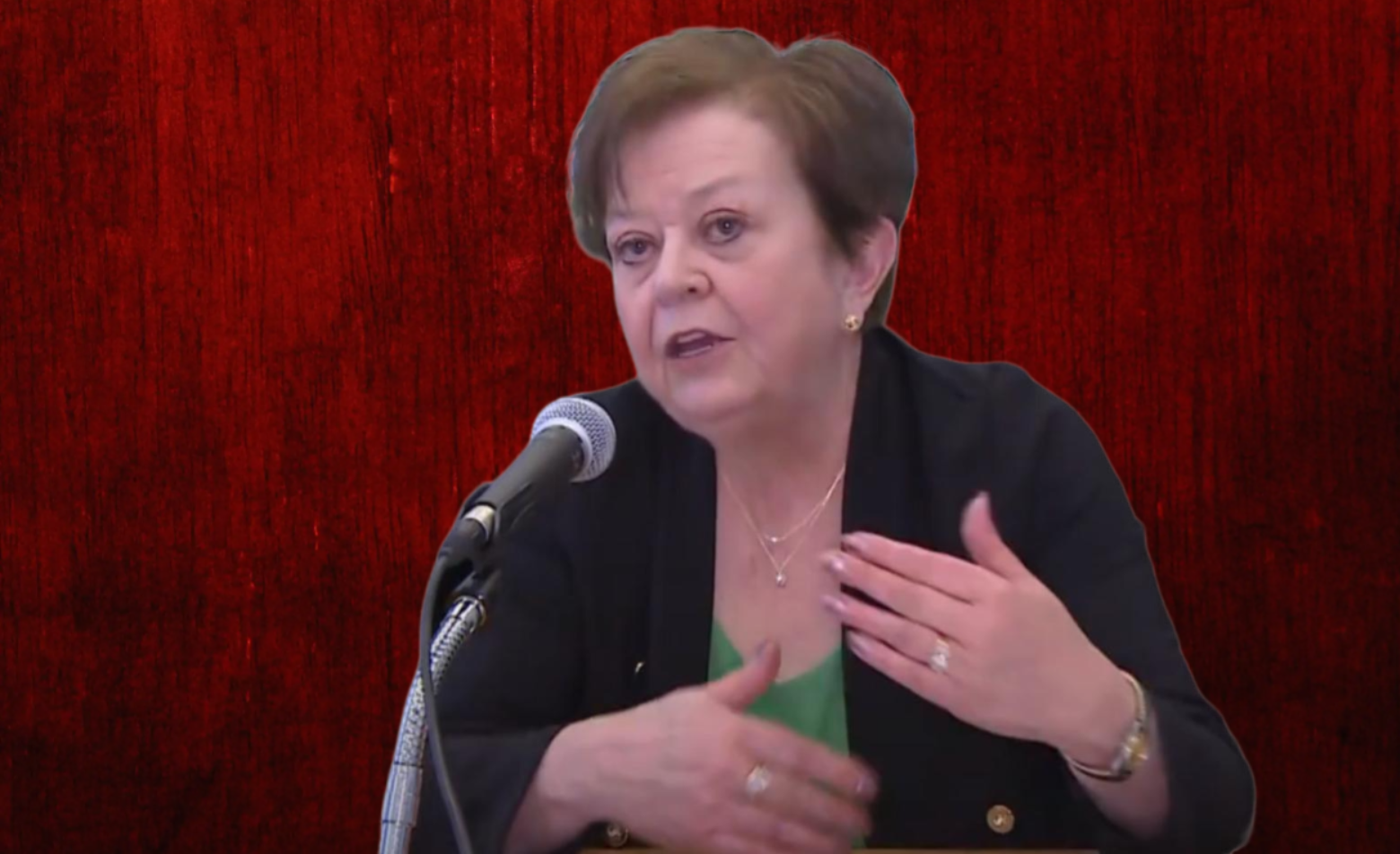Saskatchewan Finance Minister Donna Harpauer recently engaged with the media in a comprehensive press conference, addressing various inquiries concerning the province’s budgetary allocations and financial strategy.
In response to questions regarding spending concerns within the budget, Minister Harpauer reframed the narrative, characterizing it as “expense pressures” rather than a spending problem. She emphasized the imperative of accommodating the province’s growing population, citing significant investments in education and healthcare as essential responses to demographic shifts. With a focus on addressing burgeoning class sizes and healthcare demands, she defended the necessity of these expenditures, asserting that the timing for such investments is opportune. Acknowledging the importance of fiscal prudence, she underscored the need to balance expenditure with sustainable economic growth.
Pressed on tax measures and affordability, Minister Harpauer highlighted the government’s efforts to mitigate the burden on citizens. She pointed to reductions in personal income tax and the elimination of carbon taxes on energy bills, citing tangible savings for households. Comparing Saskatchewan favorably to other provinces in terms of income tax levels, she underscored the government’s commitment to maintaining affordability while supporting essential services.
Throughout the discussion, Minister Harpauer reiterated the government’s commitment to addressing pressing needs in healthcare and education. She emphasized the importance of investing in healthcare professionals to alleviate staffing shortages and improve service delivery. Regarding education, she outlined substantial funding increases aimed at reducing class sizes and enhancing learning outcomes. However, she acknowledged the complexity of allocating resources effectively, highlighting ongoing collaboration with stakeholders to optimize budgetary allocations.
Questions regarding contingency funds and preparedness for potential crises, such as droughts, prompted assurances from Minister Harpauer. While acknowledging the absence of specific contingency funds, she underscored the province’s readiness to address emergencies through existing mechanisms and partnerships. Despite concerns raised about potential deficits, she expressed confidence in Saskatchewan’s economic resilience and projected growth.
Addressing inquiries about the province’s debt levels and future fiscal challenges, Minister Harpauer provided insights into debt management strategies. She delineated the various types of debt and underscored the importance of maintaining a balanced approach to borrowing. While acknowledging the challenges posed by inflation and construction costs, she expressed optimism about Saskatchewan’s economic prospects and emphasized the importance of prudent fiscal management.
In response to queries about community safety, Minister Harpauer highlighted ongoing initiatives to enhance public safety coordination and bolster law enforcement capabilities. She referenced investments in the Saskatchewan Public Safety Agency and the expansion of the Marshall service as critical components of the government’s commitment to ensuring community safety.

